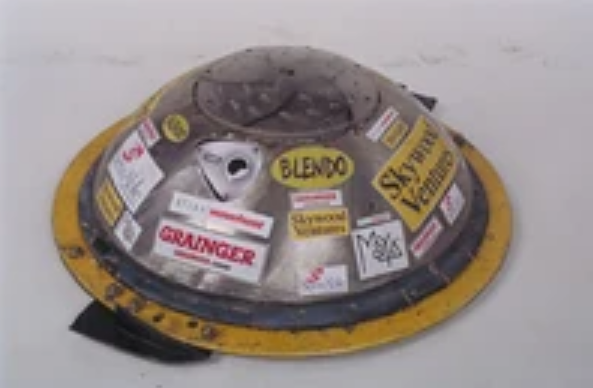I’ve tried. It breaks my brain too much. I’ve even used emacs without evil but the unholy combination just does not work for me.
I have the same problem with all vi/vim emulation modes in other editors. There’s always some incongruity that messes me up.










I never had any issues writing LaTeX with vim. I used UltiSnips and wrote a bunch of my own snippets for it. I also wrote a lot of my own macros in LaTeX.